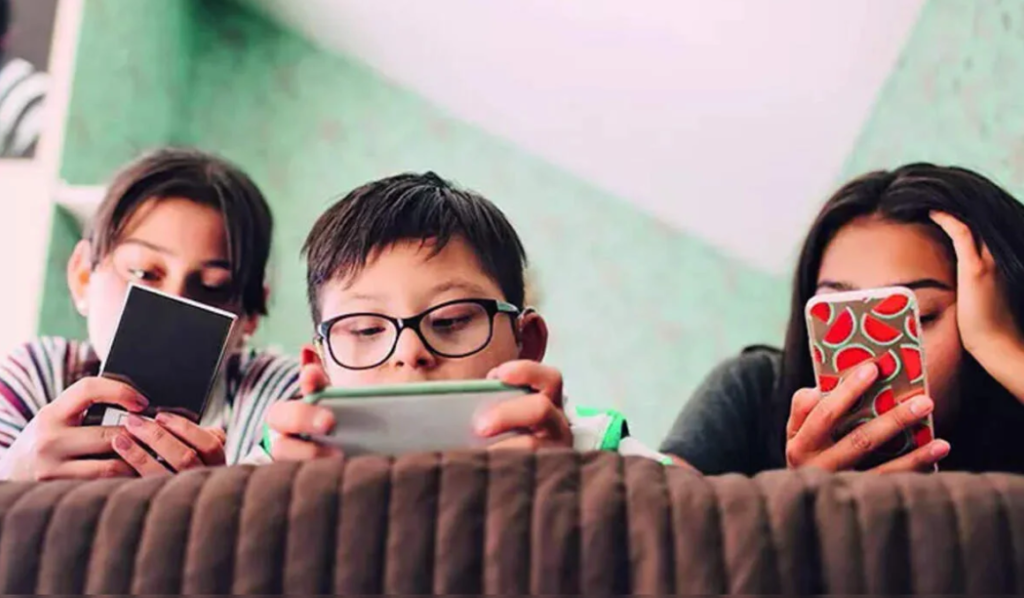YouTube will now be included in a widening ban on social media access for teenagers under 16, a move that reverses its previous exemption and sets the stage for possible legal conflict between the Australian government and Alphabet Inc.
The Australian government decision follows growing pressure from the country’s internet safety watchdog, which cited a national survey showing 37% of minors reported harmful content on YouTube, the highest among all platforms reviewed. Authorities had initially spared YouTube due to its widespread use in classrooms, but mounting concerns over algorithm-driven exposure to inappropriate material have now overturned that decision.
“I’m calling time on it,” Aussie PM Anthony Albanese declared, emphasizing the need to protect children from online harms. “I want parents to know we have their backs.”
The ban, set to take effect in December, will prohibit those under 16 from holding accounts on platforms including Facebook, Instagram, TikTok, Snapchat, and now YouTube. However, schools and parents will still be permitted to show YouTube content to minors in supervised settings.
YouTube, which is used by nearly 75% of teens aged 13 to 15, has pushed back against the classification, claiming it is a video-sharing platform, not a social network.
“YouTube offers a library of free, high-quality content, increasingly viewed on TV screens. It’s not social media,” the company said in a statement.
Tech companies argue the ban is inconsistent, noting YouTube’s social features—comments, user interaction, and content recommendation algorithms—mirror those of other restricted platforms.
Angela Falkenberg, head of the Primary Principals Association, backed the move, saying teachers are already careful curators of educational resources. Cybersecurity experts also applauded the decision, linking it to broader concerns about AI-driven misinformation.
The reversal could spark legal retaliation. Local media reports suggest YouTube may challenge the law in court, although the platform has not officially confirmed legal action. Alphabet previously clashed with the government in 2021 over legislation forcing Google to compensate media outlets.
“I will not be intimidated by legal threats when this is a genuine fight for the well-being of kids,” Communications Minister Anika Wells told parliament.
Under the new law, platforms that fail to take “reasonable steps” to block access for users under 16 may face fines of up to A$49.5 million (€27.9 million). A forthcoming government report on age-verification technologies will determine how the law is enforced.
As tech regulation tightens, the expansion of the teen social media ban signals an aggressive stance on online safety, and sets a precedent likely to resonate across global digital policy debates.


